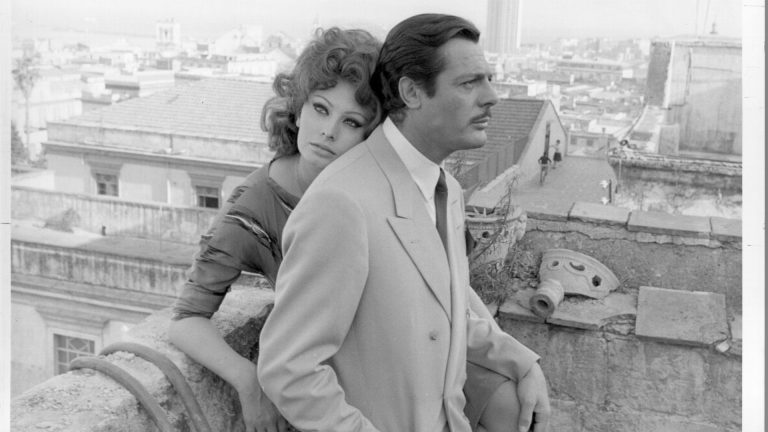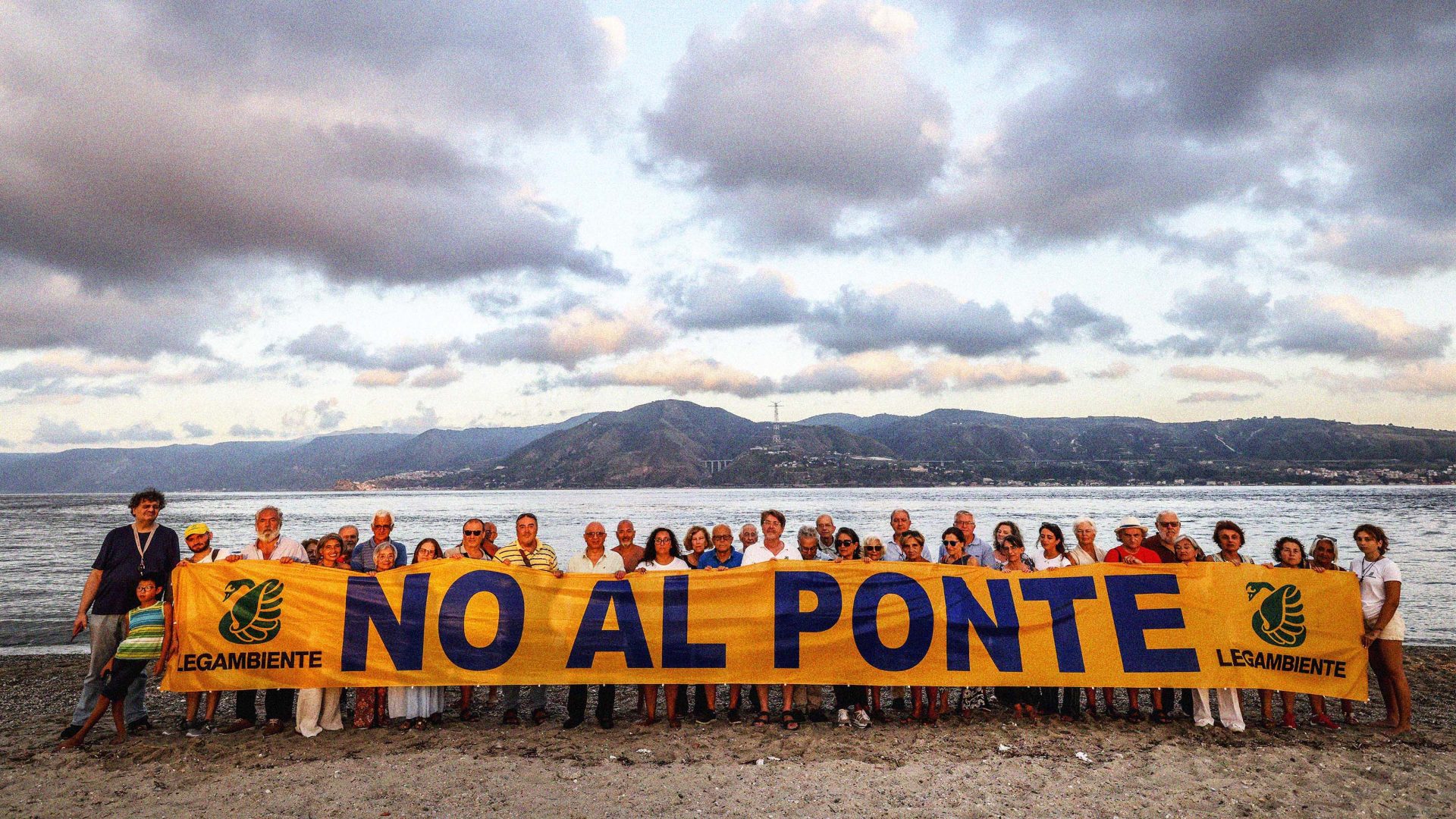Bridges often symbolise the closing of differences and the ability to find common ground. They are a physical metaphor for connection. However, the reality of bridge-building is not quite viewed in the same way by the residents of Messina, on the north-eastern tip of Sicily.
The Italian government recently gave the green light to a €13.5bn project to build the longest suspension bridge in the world. The plan, which has been in the pipeline for 50 years, is to connect two of Italy’s most impoverished regions: Messina in Sicily to Reggio Calabria on the Italian mainland.
Set to be completed in 2032, the Strait of Messina Bridge will have a span of 3.3km, which would knock Turkey’s Çanakkale Bridge into second place. There will be two railway lines up the middle and three lanes of traffic on either side, all of which will cut the 40-minute journey time by 15 minutes.
Naturally, not everyone is convinced. “Everything the government is saying is a myth if you ask me,” says Federico Alagna, a Messina resident who is also an activist for the “No Bridge” movement. “They say it’ll be better for jobs, but in all honesty, the negatives far outweigh the benefits.”
Alagna was one of 10,000 people who protested in a bid to prevent the approval. Signs and banners read “No to the bridge” and “We want tap water”, a reference to Sicily’s ongoing water shortage crisis. The clear indication – solve the water problem first, then worry about things like bridges.
“We simply won’t accept the decision lying down,” Alagna continues. “No one from the government has attempted to ask what we Sicilians need.
“Our transportation links are terrible; it takes three hours on a good day to get to Palermo. Our emergency services are bad; people die because ambulances take too long to reach them. And to top it off, we have inadequate water infrastructure, leading to droughts in 40-degree heat.
“It’s a waste to be spending billions on a bridge, when they could improve our lives with basic needs.”
Italy’s deputy prime minister and minister of transport and infrastructure, Matteo Salvini, claims the controversial connection would bring “work, wealth and beauty” to Sicily and Calabria. Alagna says this is nonsense.
Back in April, Salvini claimed the construction would create 120,000 new jobs; but critics warn the connection could benefit criminal organisations such as Sicily’s Cosa Nostra and Calabria’s ’Ndrangheta, both of which thrive within the murky world of construction.
Suggested Reading


The death of Italian style
Even Messina’s attorney general claimed earlier in the year that organised crime could profit significantly from the project, emphasising that “the power of the mafia is concealed within public contracts”.
What’s more, residents are unsettled about what this would mean for the Messina Strait itself, which is part of the European Environment Agency’s Natura 2000 network, which includes special protection areas for both bird migration and habitats.
“What will happen to our nature?” asks Ilaria Greco. “The strait is home to all those birds and marine life. Are they going to have to die so we can get to Reggio Calabria in the same amount of time it takes to do a gym class?
“I could understand if it took us two hours to get there, but it takes us 40 minutes.
“And what if we don’t want loads of tourists coming in? It just means more pools in hotels, and people need drinking water.”
The project suffered repeated delays in the past because of its high costs and the difficulties of constructing such a massive structure in a region long vulnerable to earthquakes, including two tremors recorded in recent weeks, according to Italy’s National Institute of Geophysics and Volcanology (INGV).
Like Greco, Alagna is concerned about the environmental implications. He refutes government claims that cutting-edge technology would be used to minimise the impact of earthquakes.
“The bridge will be destroyed and that’ll be billions wasted,” says Alagna.
“The whole plan has been ill-thought-out. There’s a reason why it’s taken 50 years to get so much as an approval. It’s because it’s useless and if it’s built, it will be a homage to the government’s misplaced priorities.”
Jessica Lionnel is a freelance journalist living in Rome




